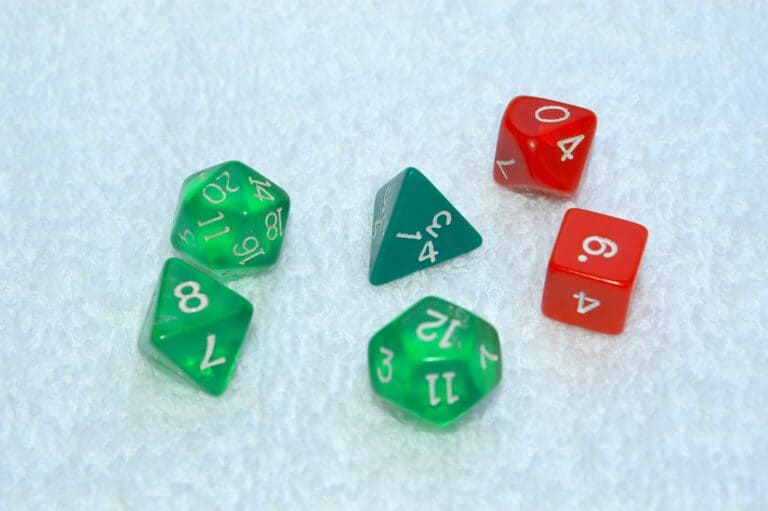Tasha’s Cauldron Poisoner Feat | Pros, Cons, and Builds
Tasha’s Cauldron of Everything gave a tiny bit of love to the most hated damage type in 5E. The Poisoner feat is a mark of your cruel yet efficient methods. The poisons that you construct, whether through alchemy or magic, are absolutely brutal. Those who are normally tolerant of poison can’t even start to resist your means, and your work with a poisoner’s kit is almost a work of art. Is it worth delving into one of the most ignored damage types? Or should poison be pushed to the side like it normally is? Find out, in our Poisoner Feat 5E guide!

Poisoner Feat 5E Guide
The poisoner feat allows you to ignore resistance to poison damage whenever you are the one dealing it. You can apply poison to a weapon as a bonus action, rather than an action. Finally, if you’re willing to expend 50 gp and an hour of work, you can make generic poisons. This poison is a DC 14 Constitution save, or it deals 2d8 poison damage and applies the poisoned condition.
Pros
The ability to ignore poison resistance is a godsend. The Elemental Adept ability does not have an option to include Poison damage. So, if your build was poison themed, then you had no way to overcome the frankly silly amounts of enemies that have poison resistance. Now, while you can’t quite poison Constructs or Undead, you can at least damage enemy types that you’re supposed to be good against.
Being able to quickly poison a weapon is good for a specific number of builds. Poison is somewhat hard to keep “online”, being a time-wasting source of damage. Having to spend an action to apply a poison to a weapon basically meant you were wasting a turn for the chance to deal a bit of extra damage. As a bonus action, all poisons become a ton better!
Finally, being able to make your own poisons is so good. Normally, poisons are either ridiculously hard crafting checks or Nature rolls. So, at least you can create poisons without any worry about failing the check and just ingesting the poison instantly, a la the Crafting and Harvesting Poison rules.
Cons
So, first of all, this eats your entire Ability Score improvement. No +1 for you! That’s a really tough pill to swallow.
You are still garbage against the specific types of enemies that are immune to poison. So, you’re taking a feat to basically allow you to fight… Like, demons and celestials. If you’re in a Construct campaign, you’re still out of luck.
Finally, the “free” poison not being free is hilarious. You’re basically purchasing a brand-new Greatsword every time you want to make your poisons. And it’s not like the poisons are amazing or anything; DC 14 at all points in your career is agonizingly low, especially at level 20. You don’t want your feat to be letting enemies be home free on a 3 or 5!
Potential Builds
This feat is mostly important on any class that deals poison damage, obviously. This is helpful for the Alchemist Artificer, for example. The Alchemist mostly only makes use of the primary resistance ignoring trait, however, as would a poison-based Sorcerer. Are there any classes that really want to poison their weapon?
Well… Rogues? Technically? Theoretically, any weapon-based class can make use of their weapon dealing a little bit more damage. A Fighter, for example, gets multiple chances to apply the poison. A Barbarian gets Advantage on applying the poison. A Ranger has a high Nature check, which is good for learning about and creating poisons.
See Also: Our Feats 5E Guide
Conclusions
Poisons are still weak. Immunity to poison runs rampant throughout the Monster Manual. If you know that your focus is going to be on fighting humans, and want to try a weird weapon-based Artificer or something similar… Then this can go well! Poisons don’t deal low damage, and allow Martial characters to debuff. If you’re really, really wanting to try a poison-focused build, you’ll have some trouble, but this feat will definitely help you out.






